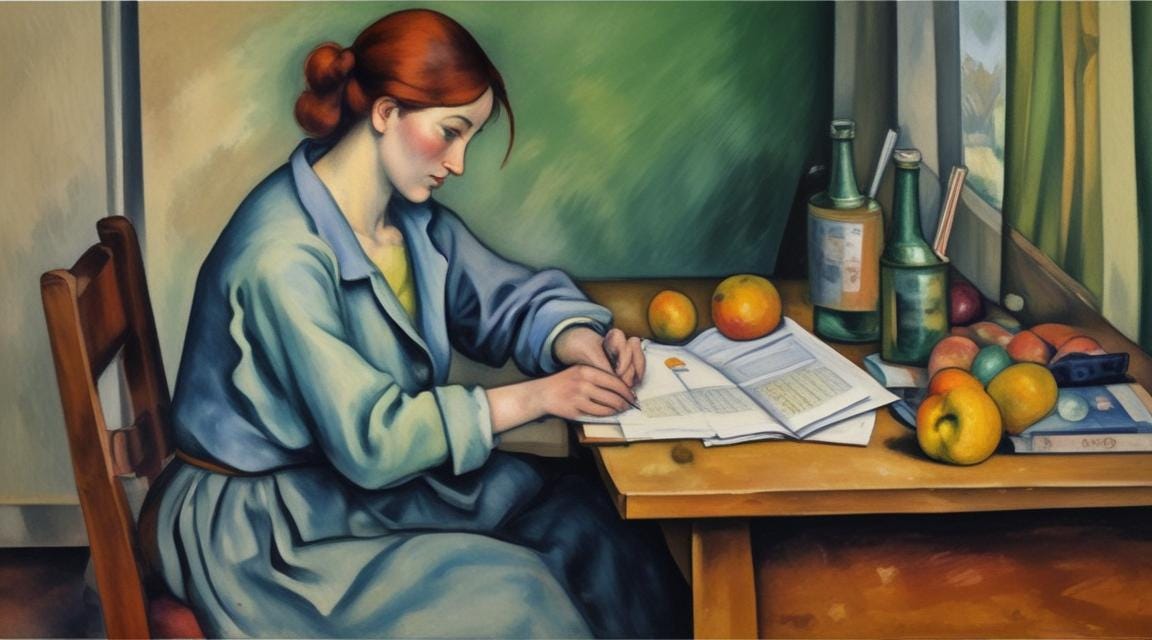If you are familiar with my writing, you might know that I write to “try to make sense of the world.” But, if I go deeper, I agree with author Terry Tempest Williams’ notion: “I write to uncover.”
So, what does it mean to uncover?
To uncover means to find what is hidden, often the more profound meaning beyond the obvious. This act of exposing can be a saving grace when faced with trauma and loss. The idea is that there must be something underneath beyond the pain and confusion. It's to seek wisdom in the face of absurdity.
My first foray into writing, at least consistently and for a wider audience, was when I became the 5th-grade correspondent for our school newspaper. I fancied myself an investigative reporter, trying to uncover mysteries such as what was on the lunch menu that week. Fast forward to now, at age 49, where my excavations include writing about my dad’s death from the unrelenting disease of dementia.
Between this writing trajectory, I dabbled in fiction and novel writing in college and my early adulthood. Still, my uncovering through memoir and personal essay was more profound when traumatic events moved me away from imaginary people and worlds and to a better understanding of lived experience.
My uncovering showed me the deep well of creativity that can be born out of trauma and grief. For Annie Dillard, in The Writing Life, writing is when “life is the most free.” Uncovering gives me the freedom to move past the mundane and meaningless. However, like Dillard notes, there is also freedom in the triviality of writing. This helps when you face the fact that no one “needs” your writing. It's the opposite. I write because I need to.
Uncovering means trying to understand and its corollary, to connect. Early on, for me that meant shifting between the real and imagined until now, when they have become increasingly blurred. I see this in my writing about motherhood. I use my writing to understand the complexities of that experience.
Nicole Walker asks in her discussion of the braided essay, “What is creative nonfiction writing but the shaping and reshaping of self against fact?” One school of thought is that writing uncovers the facts, as I did as a burgeoning “investigative reporter.” But, more than “just the facts, ma’am,” I have learned to focus on the creative space between reality and imagination.
My motivation for writing harkens to Walker’s insight: “The facts are the glacier to the soft canyon of your history. You see the history new. You see the facts a little more softly.” My writing softens the edges of my memory.
It's there that discovery begins.




